PREMIERE PARTIE: TRADUCTIONS
CCIP 2015
ANGLAIS LV1
TRADUCTION DU FRANÇAIS EN ANGLAIS
Ce furent de bonnes vacances. Les choses étaient plus faciles qu’à Bois-Colombes, pas seulement entre nous, en général. Sur la plage, je restais allongée près de Simone pendant que Philippe s’initiait à la plongée. Nous ne parlions à personne, ne cherchions pas à faire de nouvelles connaissances, il n’y avait pas à expliquer pourquoi cette mère passait ses vacances seule avec ses enfants, au contraire, si la situation paraissait insolite à un commerçant, à un voisin de plage, cela laissait planer sur nous un mystère peut-être douloureux et respectable. À la gare de Collioure, voyant cette mère s’épuiser à porter la lourde valise, un homme s’était offert de l’aider. Comme il avait saisi la valise et nous précédait, elle avait murmuré « Ah, quand même ! » parce qu’il est vrai, je l’avais remarqué aussi, il nous avait observés quelques secondes avant de se décider à traverser le hall pour nous rejoindre. J’avais eu peur qu’il n’ait entendu la réflexion et une fois de plus j’en voulais à ma mère d’être décidément grincheuse. Mais quand il fut parti, elle manifesta son contentement, ce n’était pas à Paris que les gens se seraient montrés aussi serviables. Et je voyais bien qu’elle était flattée d’avoir eu affaire à un homme galant.
Catherine Millet, Une enfance de rêve, Flammarion, 2014.
CCIP 2015
ANGLAIS LV1
TRADUCTION DE L’ANGLAIS EN FRANÇAIS
Rolling silently off the bed and creeping across the corridor. Kit threw on a pair of flannels and a sports jacket, detached his cell-phone from its charger and dropped it into his jacket pocket. Pausing at the door to Emily’s bedroom for sounds of waking, and hearing none, he tiptoed down the back staircase to the kitchen to make himself a pot of coffee, an essential prerequisite for putting his master plan into effect: only to hear his daughter’s voice addressing him from the open doorway leading to the orchard.
‘Got a spare mug on you, Dad?’
Emily, back from her morning run with Sheba.
At any other time, Kit would have relished a cosy chat with her: not just on this particular morning, though he was quick to sit himself opposite her at the pine table. As he did so, he caught sight of the purpose in her face and knew she had turned back from her run when she spotted the kitchen lights on her way up Bailey’s Hill.
‘Mind telling me what’s going on exactly, Dad?’ she enquired crisply, every bit her mother’s child.
‘Going on?’ – lame smile. ‘Why should anything be going on? Your mum’s asleep. I’m having a coffee.’
But nobody fobs off Emily. Not these days. Not after that scoundrel Bernard two-timed her.
‘What happened at Bailey’s yesterday?’ she demanded. ‘At the leather stall. You knew the man but you wouldn’t acknowledge him. He called you Paul and left some foul note in Mum’s handbag.’
John Le Carré, A Delicate Truth, Viking, 2013.
DEUXIEME PARTIE: EXPRESSION
CCIP 2015
ANGLAIS LV1
EXPRESSION ECRITE
There is a certain type of joy only felt the first time one makes history, and you can’t really describe to anyone who hasn’t experienced it. Yesterday about 10,000 young people from across the country discovered what it’s like.
19 November 2014, the date of the Free Education march, will surely be remembered as the start of a new student movement. Without the support of any major party or institution, abandoned even by their own National Union of Students, organisers nonetheless managed to mobilise thousands, including teenage college students and schoolchildren, supported by a smattering of veterans from the mobilisation of 2010.
Still, unlike the occupiers of 2010, this was not a defensive action, not a call to halt the cuts, students were calling for a complete reversal of the entire direction of higher education policy – and by extension, the direction this society as a whole has taken – for the last 30 years.
The authorities seemed at a loss what to make of it. At Parliament Square, marchers brushed past layers of fences and police squads defending the entrance to no avail; they snaked in columns through the surrounding lanes, outwitting would-be kettles (1); they lit flares and sparklers, splattered paint across the doors of the entrance to the Department for Business, Innovation and Skills, and generally made a playground of the corridors of state. The whole spirit was one of ebullient contempt for the pretensions of power; an action that, despite some scuffles and arrests, resulted in no serious injuries, or even any serious property damage.
Organisers left full of plans, including a day of occupations on 3 December, plus a day of community outreach on 6 December, with visions of larger and more radical actions (possibly a Quebec-Style student strike) in the months to come.
Where did this newfound sense of confidence come from? Despite the grinding burden of debt being imposed on a new generation of students, there’s also an understanding that, in intellectual terms, the other side has simply lost the battle. There are virtually no good arguments left for the current system. If ever a “reform” has been proved an utter failure, the higher education reforms of 2010 are surely it. As Andrew McGettigan has pointed out, they’ve managed to cost the government money, and create mass student indebtedness at the same time. The loan policy in particular is a flaming catastrophe.
But even a moment’s reflection shows the reforms could never really have been about economic efficiency. These were the new government’s first reaction to the financial crash of 2008. In that year, the education system was trundling along perfectly serviceably. The financial system, in contrast, performed its job so badly that it came very close to causing global economic collapse. Common sense would dictate that if there was to be a reform, it should be to make the financial system more like education – not the other way round.
The only way to explain why the coalition took the opposite course is to recognise what happened as an ideological offensive; a kind of pre-emptive strike against any possible alternative. In that one moment, it was revealed that almost everything we had been told about self-regulating markets and the wisdom of the investor class had been a lie. About the only argument left for the system was that there was nothing else. And historically, from where are alternative visions and movements to bring them into being more likely to emerge than from institutes of higher learning?
The Brown review, on which the reforms were based, proceeded from the assumption that no student pursues education because of a desire to understand the world, but only to maximise their overall life income. At the time, nothing could have been further from the truth. But it was used as a pretext to create policies of engineered mass indebtedness, designed to make it impossible for students to approach education any other way. The fact that turning young graduates into debt peons could only have the effect of stifling the imaginations and creativity of a generation – to obvious deleterious economic effects – was not considered an impediment; it fact, it was precisely the point.
Claims that this country somehow cannot afford free higher education should be treated with exactly the contempt the students showed them yesterday. It’s ridiculous to pretend that Scotland, Ireland, or Mexico can afford free universities, but somehow England can’t. Germany has already abandoned its failed experiment with tuition fees. If England did the same, and managed it well, it would probably save us money.
But in a way that isn’t the point. It would also change the course of history. It would be a way of reminding ourselves that education doesn’t just exist for the sake of the economy, the economy exists to give us the means to pursue education. It is ironic that we are reduced to a situation where it is our children who have to point this out to us, as our adult leaders descend to the moral equivalent of Vandals, Goths, and Huns.
(1) areas where police enclose groups of demonstrators to contain violence
David Graeber, The Guardian online
Thursday 20 November 2014
Répondez en ANGLAIS aux questions suivantes :
(250 mots environ pour chaque réponse)
1 According to the author of the text, what interpretation may be given for the Free Education march staged in London in November 2014?
Answer the question in your own words
2 Do you agree that in English-speaking countries higher education exists mainly for the sake of the economy?
Justify your answer





























